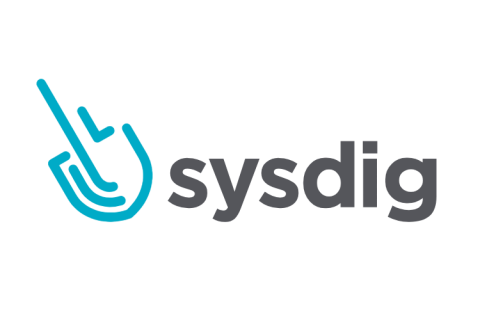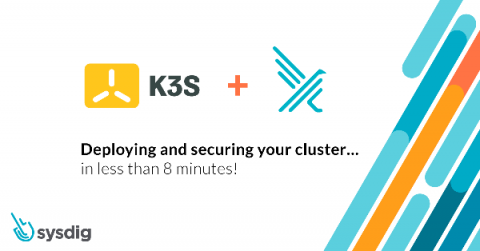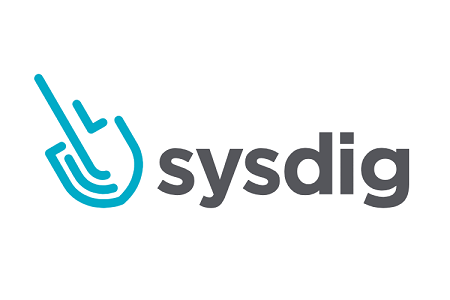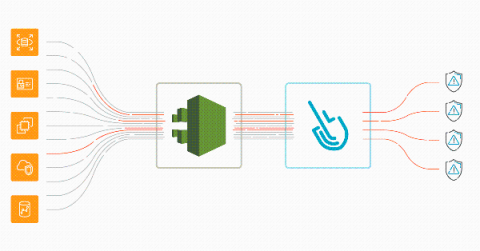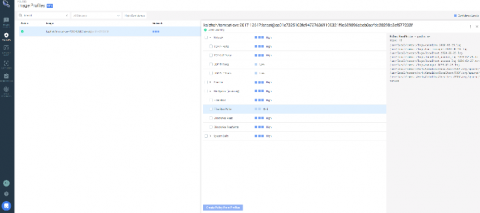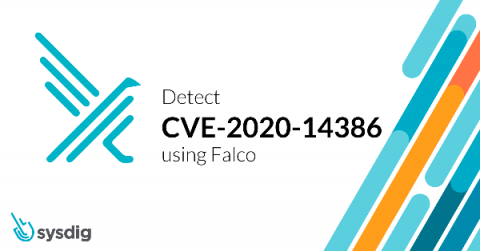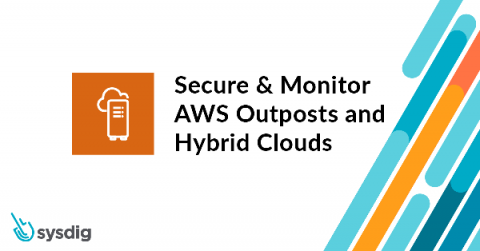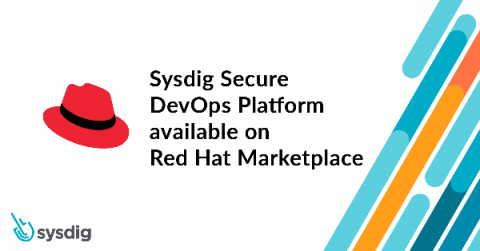Understanding and mitigating CVE-2020-8563: vSphere credentials leak in the cloud-controller-manager log
While auditing the Kubernetes source code, I recently discovered an issue (CVE-2020-8563) in Kubernetes that may cause sensitive data leakage. You would be affected by CVE-2020-8563 if you created a Kubernetes cluster over vSphere, and enabled vSphere as a cloud provider with logging level set to 4 or above. In that case, your vSphere user credentials will be leaked in the cloud-controller-manager‘s log.


